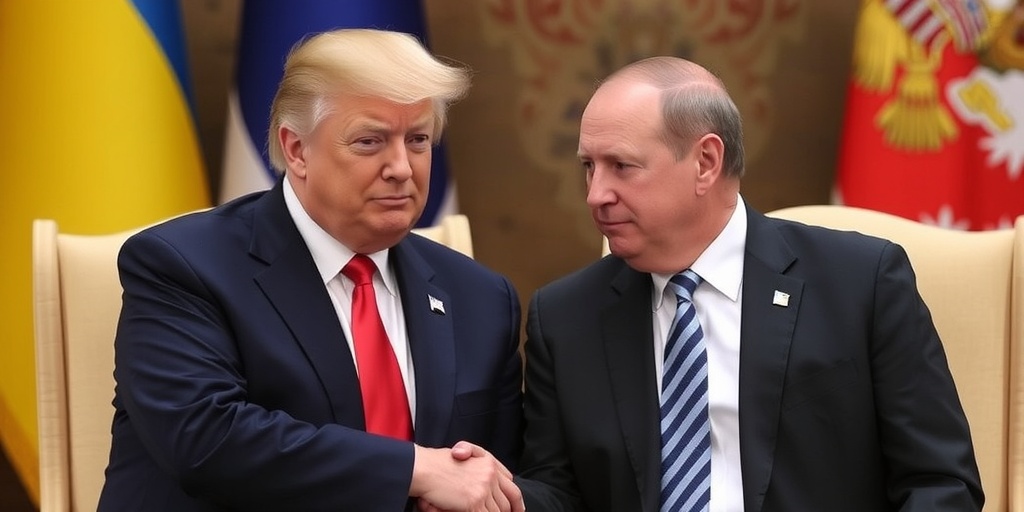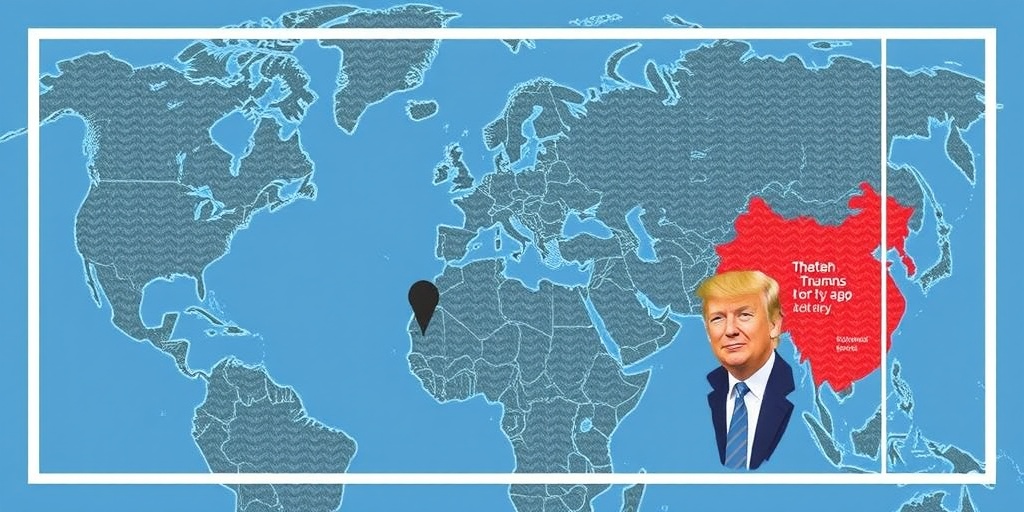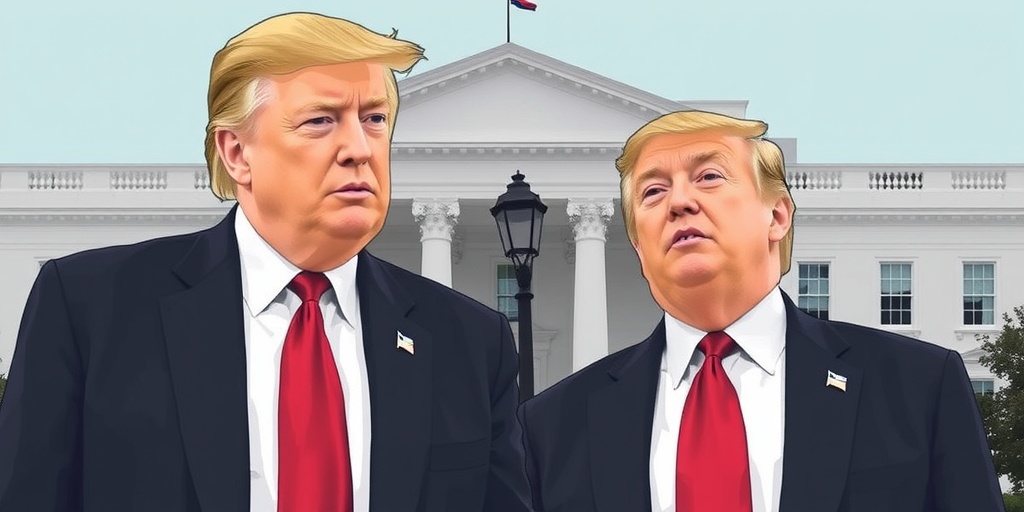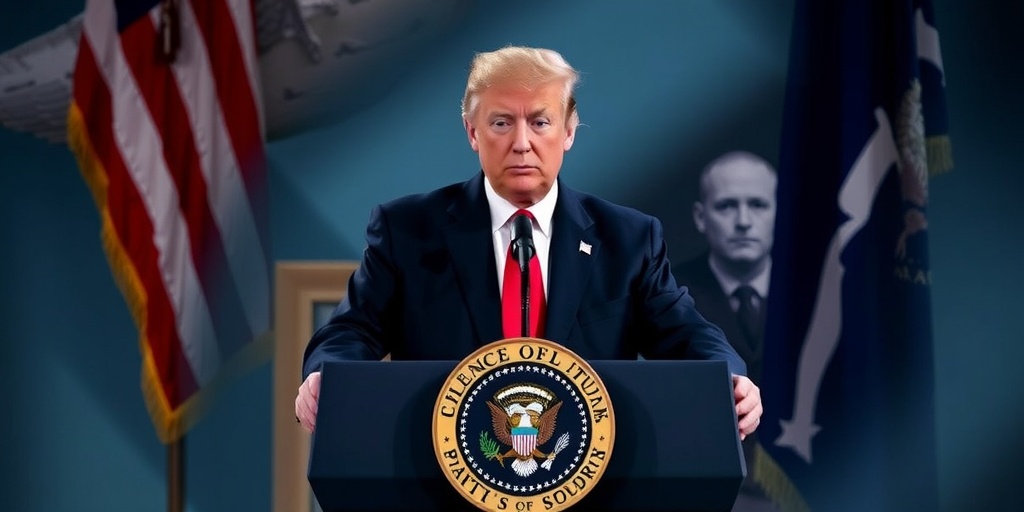Now Reading: Trump Optimistic on Russia-Ukraine Cease-Fire; Zelensky Remains Skeptical
-
01
Trump Optimistic on Russia-Ukraine Cease-Fire; Zelensky Remains Skeptical
Trump Optimistic on Russia-Ukraine Cease-Fire; Zelensky Remains Skeptical

Title: President Trump Optimistic About Potential Cease-Fire Between Russia and Ukraine Amidst Tensions
In a recent statement from the Oval Office, President Donald Trump expressed optimism regarding the possibility of finalizing a 30-day cease-fire agreement between Russia and Ukraine. His comments came as U.S. officials were preparing to meet with Russian President Vladimir Putin in Moscow. During a meeting with NATO Secretary General Mark Rutte, Trump highlighted what he described as "good signals" emerging from negotiations aimed at de-escalating the ongoing conflict between the two nations.
While Trump noted the seriousness of the discussions taking place, he acknowledged the complexities involved. “It doesn’t mean anything until we hear what the final outcome is,” Trump stated. “But they have very serious discussions going on right now with President Putin and others, and hopefully, they all want to end this nightmare.” Referring to the ongoing war as a “horrible thing,” Trump emphasized the urgent need for resolution and peace in the region. The discussions are being spearheaded by his Middle East envoy, Steve Witkoff, who is currently engaged in talks in Russia.
In a further elaboration on the peace process, Trump mentioned that the U.S. had been in discussions with Ukraine about potential territorial concessions as part of a comprehensive peace agreement. “We’ve been discussing with Ukraine land and pieces of land that would be kept and lost, and all of the other elements of a final agreement,” he stated. He emphasized that “a lot of the details of a final agreement have actually been discussed,” indicating progress albeit with cautious optimism.
Contrarily, President Volodymyr Zelensky of Ukraine took a more pessimistic stance in his address to the nation later that evening. Zelensky remarked that Putin’s response to the cease-fire proposal was “very predictable.” He expressed concern about the numerous preconditions set by Putin, suggesting that these could lead to a deadlock in negotiations. “Set so many preconditions that nothing will work out at all, or that it will not work out for as long as possible,” he cautioned.
Despite the historical tensions and Trump’s previous criticisms of NATO, the meeting with Secretary General Rutte seemed amicable. The two leaders discussed various areas of cooperation, with Trump complimenting Rutte for “doing a fantastic job.” Rutte reciprocated the praise, highlighting Trump’s efforts to invigorate NATO by urging member countries to contribute more to military spending. As the two leaders prepare for the upcoming NATO summit in The Hague, Rutte expressed his desire to work closely with Trump to ensure that NATO continues to strengthen under his leadership.
The discussions surrounding NATO spending have long been a contentious issue among American presidents, with many, including Trump, arguing that European allies need to shoulder more of the financial burden when it comes to defense. Trump’s rhetoric has escalated, posing potential implications for the future of U.S. commitments to collective defense under NATO for nations that do not meet spending guidelines.
Moreover, Trump’s more conciliatory stance toward Russia, coupled with his implementation of sweeping tariffs on the European Union, has raised concerns among NATO allies. Some member states are reportedly beginning to explore strategic alternatives that would lessen their dependency on U.S. military support.
Attempting to avoid discord during their meeting, Rutte carefully navigated questions regarding Trump’s controversial idea of annexing Greenland, a territory controlled by Denmark, a fellow NATO member. “I do not want to drag NATO into that,” Rutte remarked, redirecting the conversation towards mutual concerns about security threats from Russia and China in the Arctic region.
As the global situation continues to evolve and tensions persist, the meetings in Moscow and the potential for a cease-fire present a moment of hope amid ongoing conflicts. Trump’s declaration of positive signals reflects an ongoing diplomatic effort, yet the challenges posed by varying expectations between involved parties remain prominent. The future of the region will largely depend on the commitment of all actors to genuinely engage in meaningful discussions and find common ground amidst their differences.
This evolving situation will be closely monitored by international observers as it has profound implications for global security, NATO dynamics, and regional stability in Eastern Europe.
Stay Informed With the Latest & Most Important News
Previous Post
Next Post
-
 01New technology breakthrough has everyone talking right now
01New technology breakthrough has everyone talking right now -
 02Unbelievable life hack everyone needs to try today
02Unbelievable life hack everyone needs to try today -
 03Fascinating discovery found buried deep beneath the ocean
03Fascinating discovery found buried deep beneath the ocean -
 04Man invents genius device that solves everyday problems
04Man invents genius device that solves everyday problems -
 05Shocking discovery that changes what we know forever
05Shocking discovery that changes what we know forever -
 06Internet goes wild over celebrity’s unexpected fashion choice
06Internet goes wild over celebrity’s unexpected fashion choice -
 07Rare animal sighting stuns scientists and wildlife lovers
07Rare animal sighting stuns scientists and wildlife lovers




















